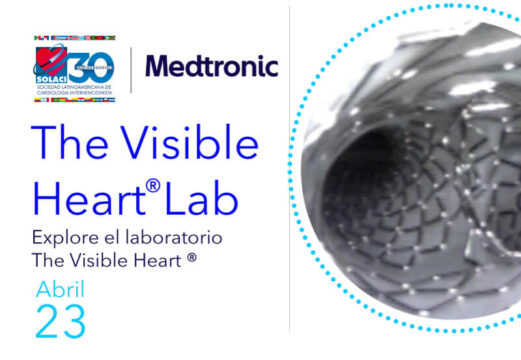Induction apoA-1 synthesis is a new therapeutic approach for the functional HDL particles generation. The RVX-208 induces apoA-1 synthesis with favorable effect on HDL cholesterol. The impact of this drug on cholesterol plaque has not been investigated in humans. The objective of this study was to test the effects of RVX-208 100 mg twice a day in the atherosclerotic disease progression assessed by coronary intravascular ultrasound (IVUS) in patients with coronary disease and low HDL. 323 patients were randomized with low HDL and simultaneously receiving treatment with atorvastatin or rosuvastatin to RVX-208 (244 patients) versus placebo (80 patients). The primary endpoint was the modification of percentage volume of atheroma regarding baseline.
Regression was observed over plaque in the RVX-208 group but did not reach statistical significance. Liver enzymes increased significantly in the active branch (7% versus 0%, p = 0.009).
There was no difference in cardiovascular events between the two groups (13.8% in RVX-208 group versus 7.4% in the placebo group p = 0,09).
Conclusion:
There was a reduction trend in the atheroma plaque with RVX-208 that did not reach statistical significance.
S J Nicholls
2013-09-02
Original title: ASSURE: Effect of an Oral Agent Inducing Apo A-I Synthesis on Progression of Coronary Atherosclerosis: Results of the ASSURE Study


